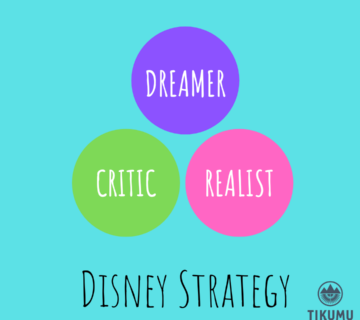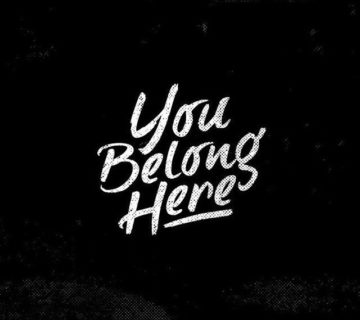What is your centre? What do you bring to the world? If you ask yourself these questions what is your first reaction? Do you feel content? Are you happy with your answer or do you feel that you need some work?
Whilst pondering these questions I read an article written by one of my favourite authors and public speakers, Patrick Lencioni. “Make your values mean something” was published in the Harvard Business Review. His article was directed at business, discussing the many mistakes companies make when they create company values. He pointed out some key issues that businesses should be aware of if they want to be successful with a company values initiative.
I wondered if his advice for creating corporate values could also be applied to personal values? Two of his points felt particularly applicable to personal values.
1. Understand the different types of values
I’ve always thought of the concept of values as being pretty simple. You either have them or you don’t. And depending on where you are in your life, certain values will be more important than others. According to Patrick, values are not as one-dimensional as I thought. He differentiates between core, aspirational, permission-to-play and accidental values. That lead me to some questions…
Starting with the most sacrosanct values of all – core values. “Do you have values that are so deeply ingrained in your core that they would never be compromised no matter what happens in your life?”
“Do you have aspirational values?” If there is a change that you are making in your life and you aspire to behave in a certain way, does your value system portray that desire and need?
Permission-to-play values simply reflect the minimal behaviour and social standards required by any person. These values would be something deeper than the core. Values that are the foundation of our very being. So how do these values differ from one’s core values or even one’s aspirational values? Values such as honesty, kindness and integrity come to mind. Values that should be shared by every human being. Core values are then values that define you as a unique individual. Separate you from the crowd.
Accidental values I feel are very relevant to the question of “What do you bring to the world?”. These are spontaneously cultivated over time. They reflect the true personality and behaviour of you. Accidental values can be positive and negative. These are the values that your family, friends, peers and society sees. These are the values that you bring to the world. Are you satisfied with what you see?
Are your core values your accidental values? Or is what you perceive to be the “real you” just a pretty dream of make-believe, and the values that you think you project are completely opposite to what you actually portray to the outside world?
It takes guts to look at yourself in the mirror and point out your own flaws. This bring me to the second point, which is a way to make your values real.
2. Weave core values into everything
If you are thinking about changing or improving what you bring to this world, start with re-evaluating your values and then commit to living by them.
By weaving your values into your everyday tasks, decisions and thinking, they become part of who you are. Through practice we create new habits. What we believe and treasure most is then reflected in what we bring to the world.
- A business strategy is not enough - June 3, 2024
- Networking – quality or quantity? - February 19, 2024
- How behaviour profiling can work for your business - January 5, 2024



